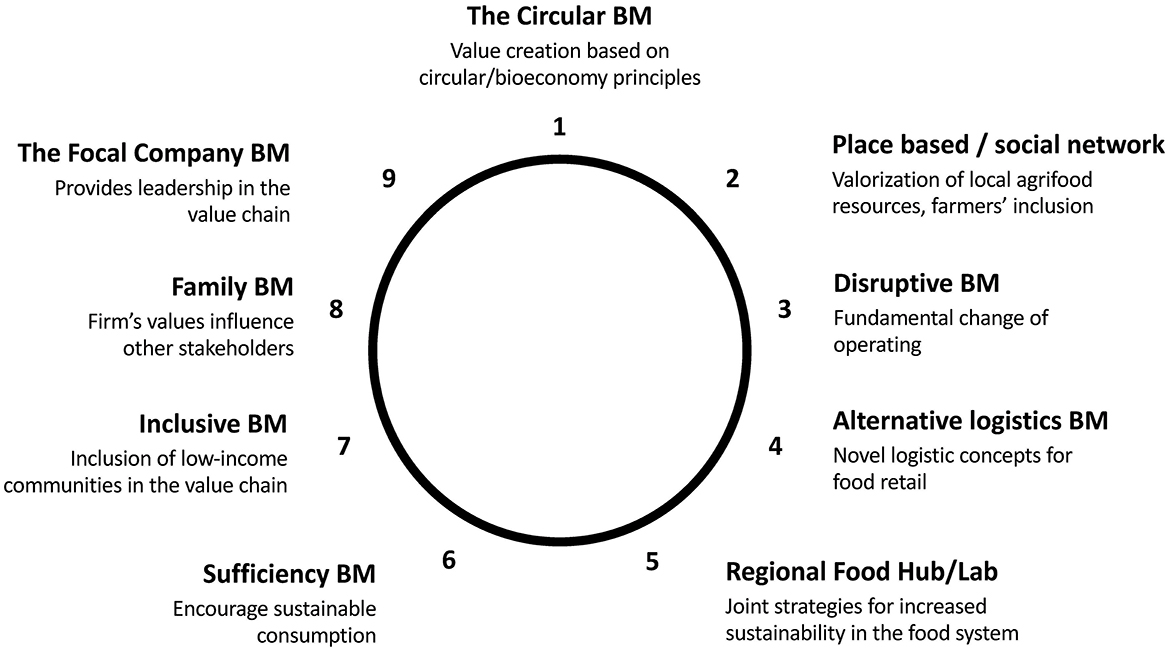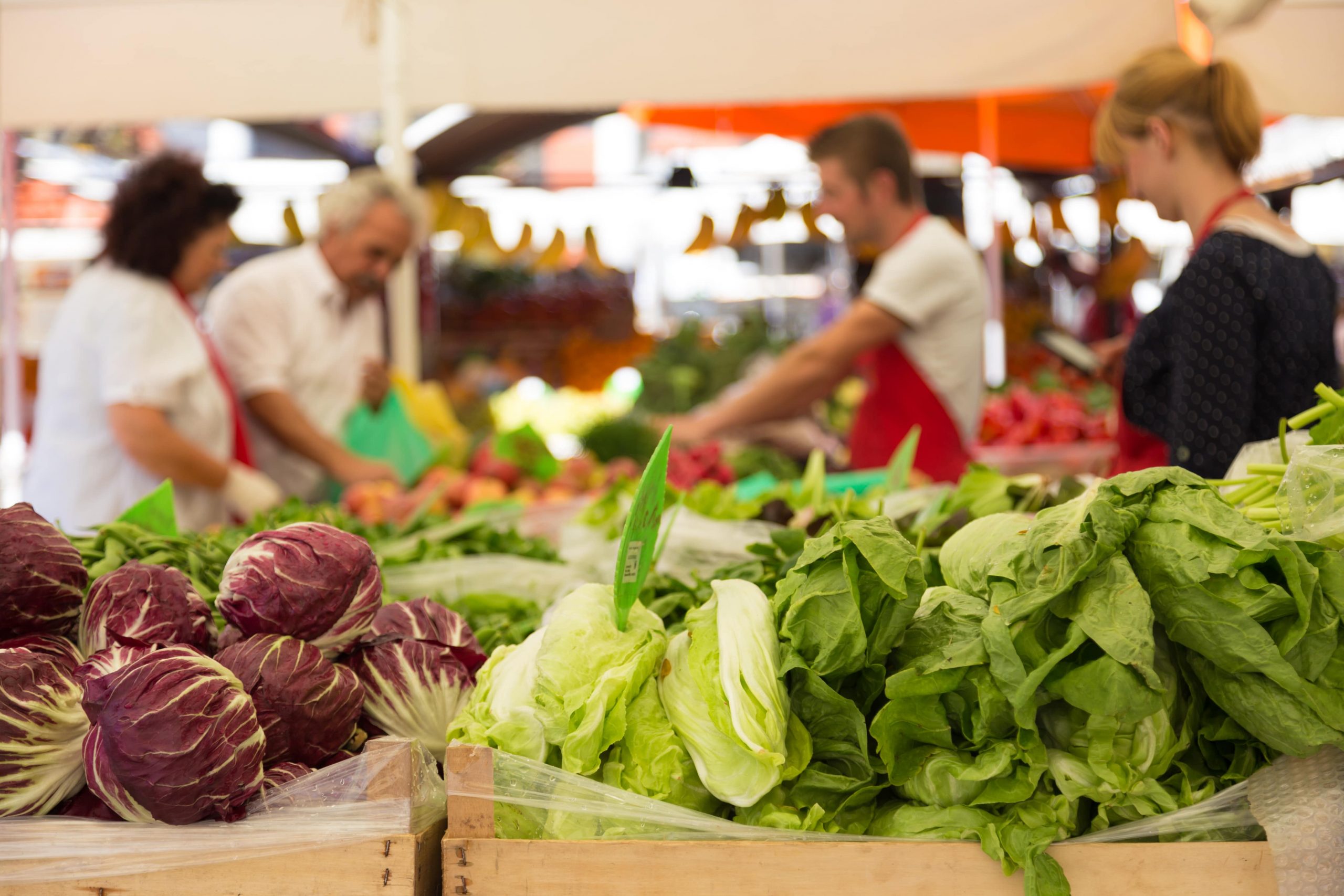Events & Media Innovations Policy | 15 Jun 2023
Literature review on business models for SFS
Mechthild Donner and Hugo de Vries, coordinator of the FOODPathS project, explore how different business models can contribute to sustainability in food systems in a new peer-reviewed article titled “Business models for sustainable food systems: a typology based on a literature review”.

The agriculture and food industry is facing unprecedented challenges with the growing demand for food, the need to reduce environmental impact, and the increasing awareness of social and ethical responsibilities. In this context, businesses have a crucial role to play in moving towards sustainable food systems. This article presents a nine business model typologies for sustainable food systems based on a systematic literature review.
Methodology
The review analyzed 37 articles using different types of business case studies to identify nine different business model types that can contribute to sustainability in food systems. These include circular business models, place-based social food networks, new logistics or online food distribution, disruptive, sufficiency, inclusive, and family business models, the focal company, and regional food hubs.
Results
Insights from the review highlight that from a business management point of view, collaborative approaches, clear sustainability visions, companies’ values such as corporate social responsibility principles, and continued innovation are important factors for the transition of business models to sustainability. Furthermore, implementing circular economy principles, such as reverse logistics that can minimize food wastes and losses, together with stakeholder engagement and cooperation within the value chain, and marketing or labelling strategies for increasing consumer awareness of biobased or local products are possible pathways to sustainability.
Future research
The article also highlights the need for more research to understand the diversity of business models in different ecosystems, organizational and cultural factors, and joint strategies of private and public actors for sustainable food systems.
Register below and we will make sure you are always up-to-date!
And don’t forget to follow us on ![]() Twitter and on the Sustainable Food System Network (SFSN).
Twitter and on the Sustainable Food System Network (SFSN).

